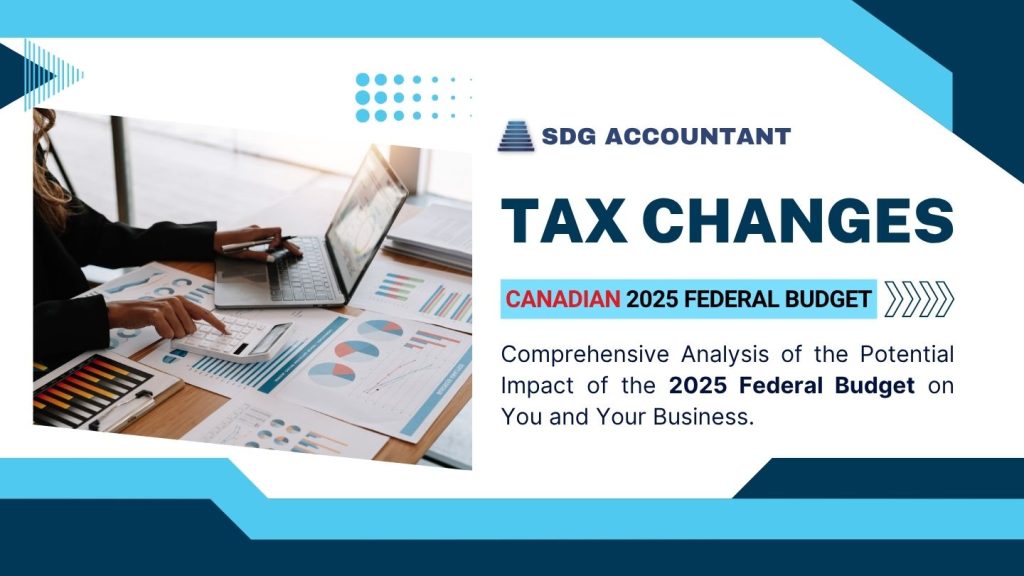
The Challenge: A Disallowed Claim and a Formidable Tax Hold
The Foreign Investment in Real Property Tax Act (FIRPTA) requires non-U.S. persons selling U.S. real estate to have a portion of the sale price withheld by the buyer (often 15%) and remitted to the IRS. Once the final tax liability is determined, the non-resident seller must file a tax return to claim a refund of any excess withholding.
Our client, a non-resident individual, had successfully sold a U.S. property but ran into immediate difficulties claiming their substantial FIRPTA withholding refund. The initial tax return, prepared by another firm, was submitted without the mandatory Form 8288-A (Statement of Withholding). Unsurprisingly, the IRS disallowed the refund, leaving our client out of pocket and frustrated.

The Intervention: Initial Correction and Bureaucratic Delay

Upon engaging our firm, we immediately recognized the missing documentation as the core issue. Our first step was simple and direct: we submitted the previously omitted Form 8288-A and accompanying paperwork.
However, the IRS process proved stubbornly resistant. Despite submitting the corrected documentation, the case entered a cycle of administrative gridlock. The IRS continued to raise superfluous questions and indefinitely postponed processing the claim, providing generic status updates that indicated processing was “underway” but offered no timeline for resolution.
To clarify the entire claim and preempt further bureaucratic confusion, we took a proactive second step in late 2024 and filed a comprehensive amended tax return that accurately and completely claimed the FIRPTA refund and provided a clear, consolidated picture of the client’s final tax liability.
The Strategic Pivot: Engaging the Taxpayer Advocate Service
Even with the amended return filed, the weeks turned into months, and the IRS continued to cite backlog as the reason for delay. For our client, a significant sum of money was being held up, creating understandable financial stress.
Recognizing that direct communication with the processing center had failed to move the claim forward, we executed a strategic pivot: we filed a direct complaint and petitioned the Taxpayer Advocate Service (TAS).

TAS is an independent organization within the IRS that helps taxpayers resolve problems when they have been unable to do so through normal IRS channels. By presenting TAS with clear documentation of the initial preparation error, our subsequent corrective filings, and the excessive, non-responsive delays, we successfully framed the case as a severe financial hardship requiring immediate attention.
The Resolution: Rapid Results Through Advocacy

The result of the strategic TAS intervention was immediate and dramatic.
Within weeks of filing the direct complaint and TAS request, the case was assigned to a dedicated advocate. The advocate quickly reviewed the timeline, confirmed the validity of the claim and the excessive delay, and prioritized the refund processing.
Approximately one month after TAS assignment, our client received the full refund of $XX,XXX.
This outcome demonstrates that while technical accuracy is paramount in international tax filings, success in complex cases often requires strategic advocacy to cut through IRS bureaucracy. For non-resident clients dealing with critical withholding issues, having a partner who knows when and how to deploy the resources of the Taxpayer Advocate Service can be the critical difference between indefinite waiting and rapid resolution.
The information is not intended to constitute professional advice and may not be appropriate for a specific individual or fact situation. It is written by the author solely in their personal capacity and cannot be attributed to the accounting firm with which they are affiliated. It is not intended to constitute professional advice, and neither the author nor the firm with which the author is associated shall accept any liability in respect of any reliance on the information contained herein. Readers should always consult with their professional advisors in respect of their particular situations.
— Sami Ghaith
CPA, CGA, MBA
Share Now
Contact
Get In Touch
News Feeds
Blogs & Insights
- November 30, 2025
CRA Overhauls the Voluntary Disclosures Program (VDP)
- November 13, 2025





